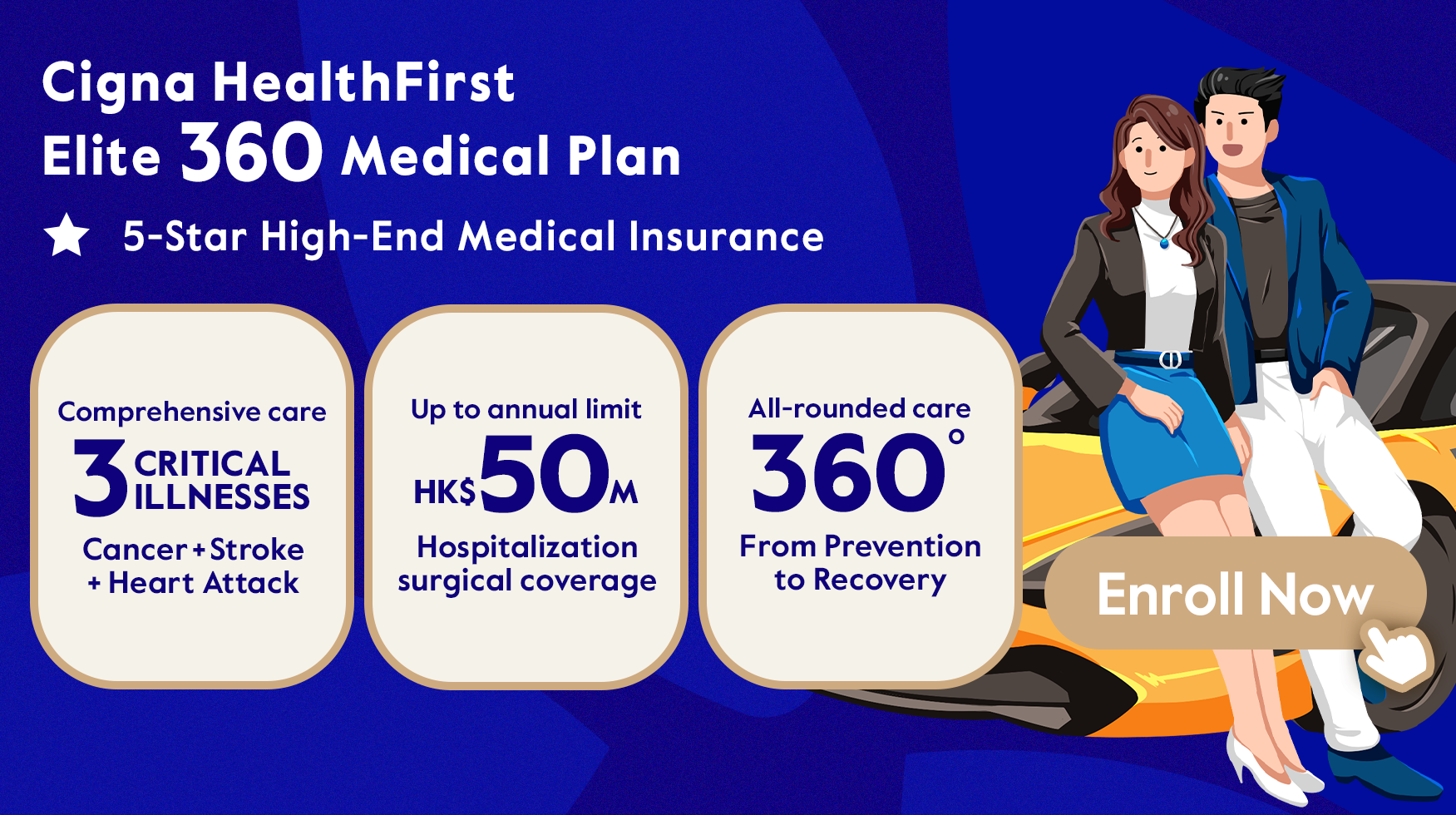Breast cancer has been the most common cancer that strikes women in Hong Kong since 1994, where about 12 women are diagnosed with the condition every day, according to the Hong Kong Breast Cancer Foundation.
In 2017, 4,373 breast cancer cases were diagnosed among women in Hong Kong, a 6.5% increase from the year earlier. Breast cancer is the third leading cause of cancer deaths among women in Hong Kong, after lung and colorectal cancers. Globally, 2 million new cases of breast cancer were diagnosed in 2018 - an alarming trend that no woman should neglect.
Causes of breast cancer
As we mark Breast Cancer Awareness Month in October, let it be remembered that self-awareness of the disease starts with learning about its risk factors and symptoms.
In Hong Kong, the median age of breast cancer is 57.
Increasing age appears to increase women's exposure to breast cancer, besides other risk factors such as:
- Genetics
- A history of ovarian, fallopian tube or peritoneal cancer
- Dense breast tissue
- Extended exposure to estrogen
- Obesity
- Alcohol consumption
- Radiation exposure
Symptoms of breast cancer
The first symptom is usually a lump or an area of thickened tissue in the breast.
Other symptoms that you should look out for include:
- Pain in the armpits or breast
- Redness in the skin of the breast, peeling, flaking or rash around the nipple
- Discharge from the nipple
- Sunken or inverted nipple
Extended reading: how to perform breast self-exam?
Stages of breast cancer
The stages of breast cancer is determined by the size of the tumour and whether it has spread to other parts of the body.
- Stage 0: Ductal carcinoma, cancer cells limited to within the ducts and have not invaded surrounding tissues.
- Stage 1: Tumour measures up to 2cm and has not affected lymph nodes, or there could be no tumours but small groups of cancer cells that are larger than 0.2 mm found in the lymph nodes.
- Stage 2: Tumour is 2-5cm across and has started to spread to nearby nodes. The tumour could also be 2-5cm across but has not spread to lymph nodes.
- Stage 3: Tumour is up to 5cm across and has spread to several lymph nodes. The tumour could also be larger than 5cm and has spread to a few lymph nodes.
- Stage 4: Cancer has spread to other organs like the liver, bones, brain or lungs.
Prevention: Early detection saves lives
Early detection is key in the fight against this disease. The five-year relative survival rate is 99% if breast cancer is detected early and in the localized stage, according to the American Cancer Society.
Experts recommend that women above 20 perform monthly breast self-examination, while those above 25 should have a routine breast exam with a doctor. Mammogram screening is recommended for women above 40 or earlier for those with a family history of breast cancer.
Treatment options and costs
Treatment for breast cancer is often dependent on the stage of the cancer and the overall health of the patient.
The options include:
- Surgery – lumpectomy or mastectomy
- Radiotherapy
- Hormone therapy
- Chemotherapy
Patients can seek medical help at public healthcare facilities in Hong Kong, although drug cost for the terminal stage is self-financed and could go up to HK$17,880 for every three weeks.
Cigna HealthFirst Elite 360 Medical Plan offers comprehensive and personalized medical coverage across the stage prevention, diagnosis, treatment and recovery, with a range of hospital and surgical benefits, optional insurance benefits with an annual limit of up to HK$50 million, personalized health assessment, three critical illnesses(cancer, stroke and heart attack) all-rounded care and international medical concierge service. A 360-degree total health protection that spans across all the key stages of your health journey. Learn more here.
Sources:


